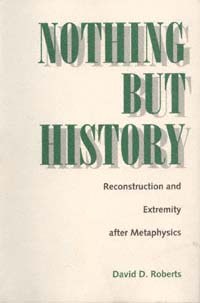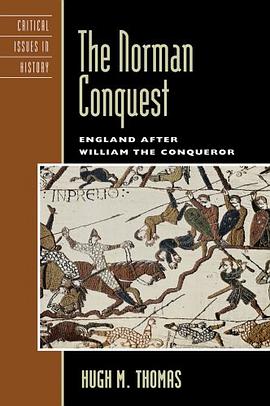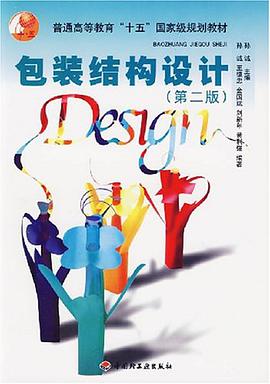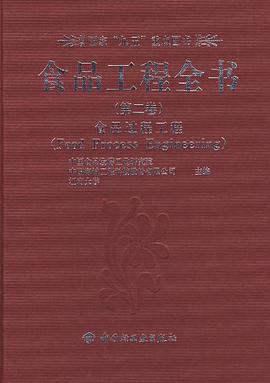

Preface
Nothing but history? Hyperbole, to be sure, and I ask the reader's indulgence. But I seek to show that a kind of reduction to history has been one cultural tendency in light of the eclipse of "metaphysics"—the term I use for foundationalist or essentialist philosophy and all the cultural weight it has carried. A new, post-Hegelian sense of the world as historical has been central to our recent experience, despite occasional suggestions that "history" ends along with traditional philosophy or modernity. My aim in this book is to understand this reduction to history, first by asking how it has played out in our own intellectual history over the past century or so, then by seeking to assess the cultural possibilities it affords us. At issue are not only the uses of historical understanding but also some fundamental aspects of personal experience.
My study is primarily an exercise in intellectual history, but it also has critical and even prescriptive dimensions. I emphasize, however, that in referring to "nothing but history" my aim is not to foster some sort of historiographical imperialism, affording professional historians new domain over the stuff of science, or art, or religion. We still seek the suprahistorical in many forms: novelists explore the universal human condition; natural scientists seek to discover the structure of an independently existing physical world; philosophers and theorists strive to establish truths that are not merely historically specific; in our more or less religious moments, we all wonder about the source or purpose of it all. Recent humanistic discussion suggests only that history stands in tension with these adjacent cultural domains. But by following the historical strand, clarifying what "history" has come to encompass, we can better explore the tensions along the areas of intersection.
In its prescriptive dimension, my study seeks to show, first, what is
--------------------------------------------------------------------------------
― xii ―
necessary for a new culture of history to settle out as one autonomous component, in tension with others, in a postmetaphysical culture. But that historical component is itself tension-ridden, and I also seek to show what is required for a "moderate," reconstructive strand to emerge, playing off the extreme responses that also merit a place, but not an exclusive place, within a postmetaphysical culture of history. In any case, I venture into this somewhat prescriptive mode not to claim the last word but simply to contribute what I can to the ongoing conversation, the evolving cultural mix. I believe the argument of the book itself will make clear the spirit in which it is offered.
In bringing this study to completion, I have had the benefit of help and support from many quarters, and my acknowledgment here can only begin to express my gratitude. My way of comparing Benedetto Croce with his German contemporaries in an earlier study elicited some penetrating comments from Martin Jay that helped me see what I needed to do next. In the initial phases of this project, during the mid-1980s, I learned a great deal from the interdisciplinary study group fostered by the Humanities Department of the University of Rochester's Eastman School of Music. My particular thanks to my former colleagues Jonathan Baldo, Douglas Dempster, Thomas Donnan, Ruth Gross, Aimée Israel-Pelletier, and John McGowan. My Rochester connections also brought me together periodically with Hans Kellner, whose friendship I valued, just as I did the intellectual challenge he offered. I also take this occasion to remember the late Ann Clark Fehn, whose contributions to interdisciplinary discussion at the University of Rochester enriched us all.
Since moving to the University of Georgia in 1988, I have especially appreciated the encouragement of Lester Stephens, the interested but skeptical eye of Kirk Willis, who remains curiously partial to the British philosophical tradition, and the efforts of Bernard Dauenhauer, who did so much to foster humanistic discussion as founding director of the university's Humanities Center. I have also profited from the chance to discuss recent intellectual history with my doctoral student Mark Clark. In addition, I thank the University of Georgia Research Foundation for the Senior Faculty Research Grant that enabled me to devote much of my effort to this project during 1989–1990.
Speaking engagements in Italy during 1992 and 1994 gave me a chance to discuss my work in progress with several Italian colleagues. I am especially grateful to Mario Corsi, who helped me keep my recasting of Benedetto Croce in bounds. (For reasons that will become clear, I did not wish to play out of bounds.) I have also valued the comments of Domenico Settembrini and Vittorio Stella in response to my effort to place Croce in wider context.
In preparing the final manuscript for the University of California Press, I had the benefit of astute readings by Allan Megill and a second, anonymous reader. My revisions will not fully have satisfied either of them, but the book is surely stronger thanks to their objections, questions, and suggestions. For helping me
--------------------------------------------------------------------------------
― xiii ―
through the several hurdles, I am grateful to the three sponsoring editors at California who have had a hand in this project, Alain Hénon, Eileen McWilliam, and Edward Dimendberg. It has also been a pleasure to work with Michelle Bonnice and Sheila Berg in bringing the manuscript into print.
The continuing support and tolerant good humor of my family have been essential to me as I labored on this book. So thanks again to Ellen, Trina, and Anthony for their patience—but also for their growing interest in my work. As they have become a formidable and engaging audience, I have fleetingly felt that having three children in college at the same time isn't so bad after all. And thanks to Beth, as always, for her unfailing, if occasionally bemused, support. As she knows, only her bemusement enables me to place my work in such perfect perspective.
The book is dedicated to Robert Freeman, Director of the University of Rochester's Eastman School of Music, where I had the privilege of teaching as a member of the Humanities Department from 1978 to 1988. Without his friendship, encouragement, and support at that pivotal stage of my career, this book would not have been possible.
具體描述
讀後感
評分
評分
評分
評分
用戶評價
相關圖書
本站所有內容均為互聯網搜索引擎提供的公開搜索信息,本站不存儲任何數據與內容,任何內容與數據均與本站無關,如有需要請聯繫相關搜索引擎包括但不限於百度,google,bing,sogou 等
© 2025 qciss.net All Rights Reserved. 小哈圖書下載中心 版权所有




















